Section: Cover Story
60 results


Cover Story
Detroit 2.0
Detroit is a gutted city, a cautionary tale, a tapestry of ruin. Or Detroit is the comeback kid, a wise investment, a city that will return to greatness. What happens next in the country’s onetime industrial capital is a story that cannot yet be written; no crystal ball can accurately predict the future of the largest U.S. city ever to seek bankruptcy protection.

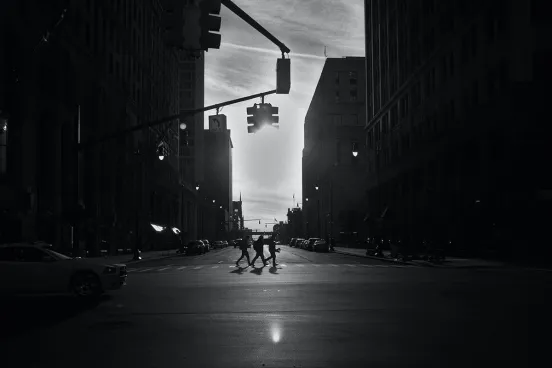
Cover Story Spring 2014
Hatching New Businesses in Detroit
Nick Gorga, ’02, is helping “to put a small thumbprint on the next chapter of Detroit.” After working in Chicago for six years as an associate at Latham & Watkins LLP, Gorga returned to Detroit in 2008 to help combat what he viewed as a “brain drain” in the region.
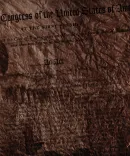
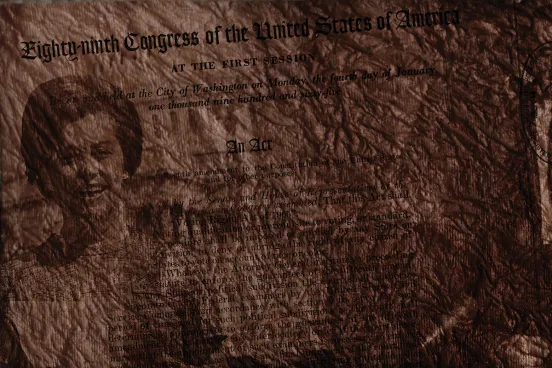
Cover Story
Civil Rights Act at 50
This Civil Rights Act is a challenge to all of us to go to work in our communities and our states, in our homes and in our hearts, to eliminate the last vestiges of injustice in our beloved country.” So said President Lyndon Baines Johnson in 1964 when he signed the Act into law. Here, we commemorate the 50th anniversary of the Act by sharing the stories of alumni who fought for its passage and those who worked to preserve its legacy.
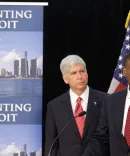
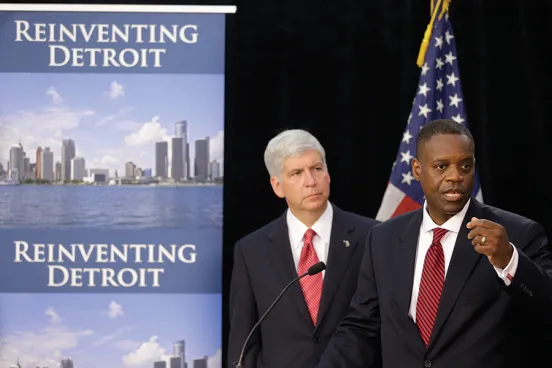
Cover Story Spring 2014
The Big Three: Michigan Law Alumni Aim to Lead Detroit Out of Bankruptcy
Three Michigan Law alumni— Gov. Rick Snyder, ’82, Mayor Mike Duggan, ’83, and emergency manager Kevyn Orr, ’83—aim to lead Detroit out of history’s largest municipal bankruptcy. And they've made no secret of their ambitious plans for the beleaguered city.

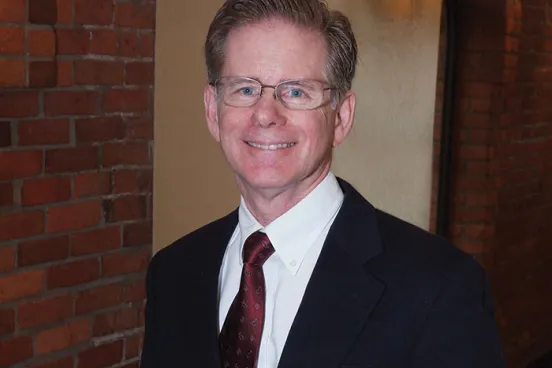
Cover Story Spring 2014
Steven Rhodes, ’73: Guitar-playing Bankruptcy Judge Tuned in to the People
“There is no requirement that a bankruptcy judge has to listen to individuals who are represented by (lawyers),” says former bankruptcy Judge Ray Reynolds Graves, who worked with Judge Steven Rhodes for 17 years. “Steve put that to one side and had the retirees come into court and address him personally. Listening to people who could be adversely affected by having their pensions cut—that tells you something about the man’s sensitivities.”


Cover Story Spring 2014
Glenn Oliver, ’87: Tapping Innovation for Water Utilities
Most of us turn on faucets or lawn sprinklers with no thought as to how the water got there. Glenn Oliver, ’87, wants to make sure it arrives in the most cost-effective, efficient way possible. In 2006, Oliver launched H2bid, a Detroit-based online exchange connecting water utilities with vendors.

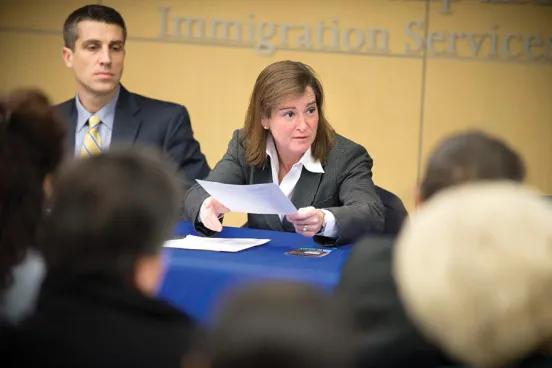
Cover Story Spring 2014
Prosecution and Prevention
U.S. Attorney Barbara McQuade, ’91, began her tenure with a would-be underwear-bomber trying to blow up a plane over her district a day after she was confirmed by the Senate. Then, office’s successful prosecution of former Detroit Mayor Kwame Kilpatrick made headlines around the world. But there’s much more to her work than enforcement and prosecution.


Cover Story Spring 2014
JDs in the D: Michigan Law Students Discover Detroit’s Appeal
Changing people’s perceptions of Detroit is part of the mission of JDs in the D, a volunteer group of law students. Through visits to the city, events at the Law School, and partnerships with Detroit-based organizations, JDs in the D shows law students that there are good reasons to consider living and working in Detroit after graduation.


Cover Story Spring 2014
Detroit-based VC Firm Creates Irresistible Opportunity
When Jake Cohen, ’13, heard about a venture capital firm that would invest in early-stage technology companies based in Detroit, he couldn't pass it up. “This was a once-in-a-lifetime opportunity.”
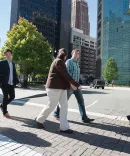
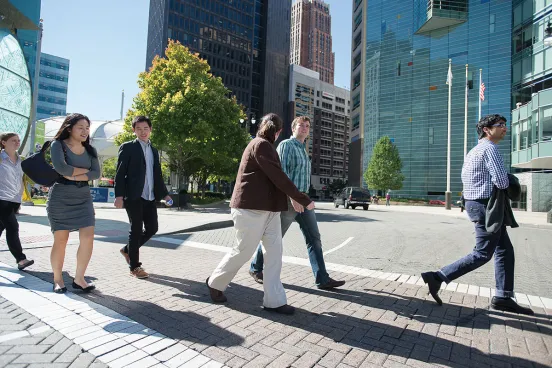
Cover Story
Katy Locker, ’02: Boosting Quality of Life in Detroit
Katy Locker, ’02, likes being part of the conversation about making a difference in her community. And she gets to do just that as the Detroit program director for the John S. and James L. Knight Foundation, which provides grants for ideas that promote quality journalism and media innovation, engage communities, and foster the arts.

